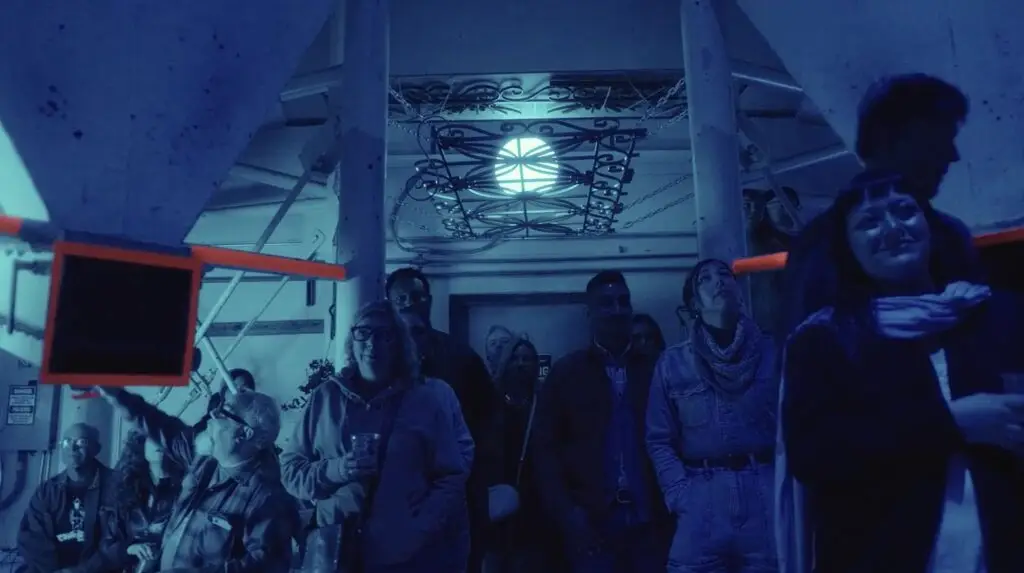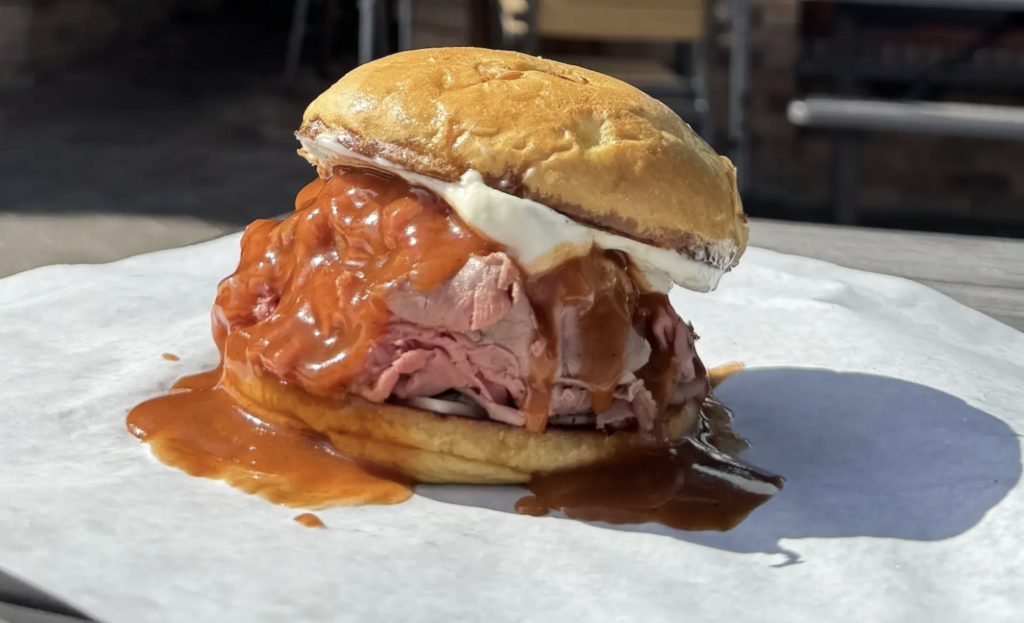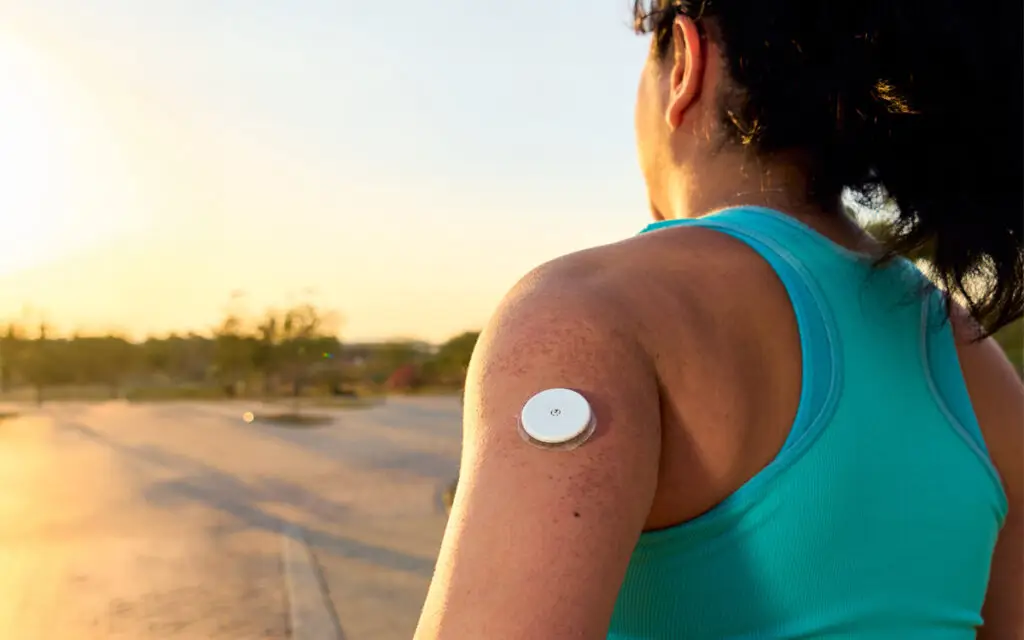In 2020, Kat Alexander experienced a serious mental health crisis that would last more than a year. In 2022, she and her best friend, author and beloved San Diego Magazine contributor Mara Altman, began chronicling the crisis and its aftermath in what would eventually become EPISODES: The True Story of Two Friends & One Diagnosis, an Audible original audio book debuting this week.
Read by Alexander and Altman, Episodes is a braided narrative of memory. The authors, both San Diego natives, take turns recounting stories of their budding friendship in their 20s and building on each other’s recollections of their deepening connection. It’s an impressive feat, both in intimacy and structure.
Along the way, Alexander fills in the gaps of her childhood, recounting how abuse at a young age shaped much of her experience as an adult. The story traverses decades, culminating in a touching act of friendship in which Altman flies to Mexico on a rescue mission to find Alexander naked on the streets of Playa del Carmen in the midst of a manic bipolar episode triggered by IVF treatments.
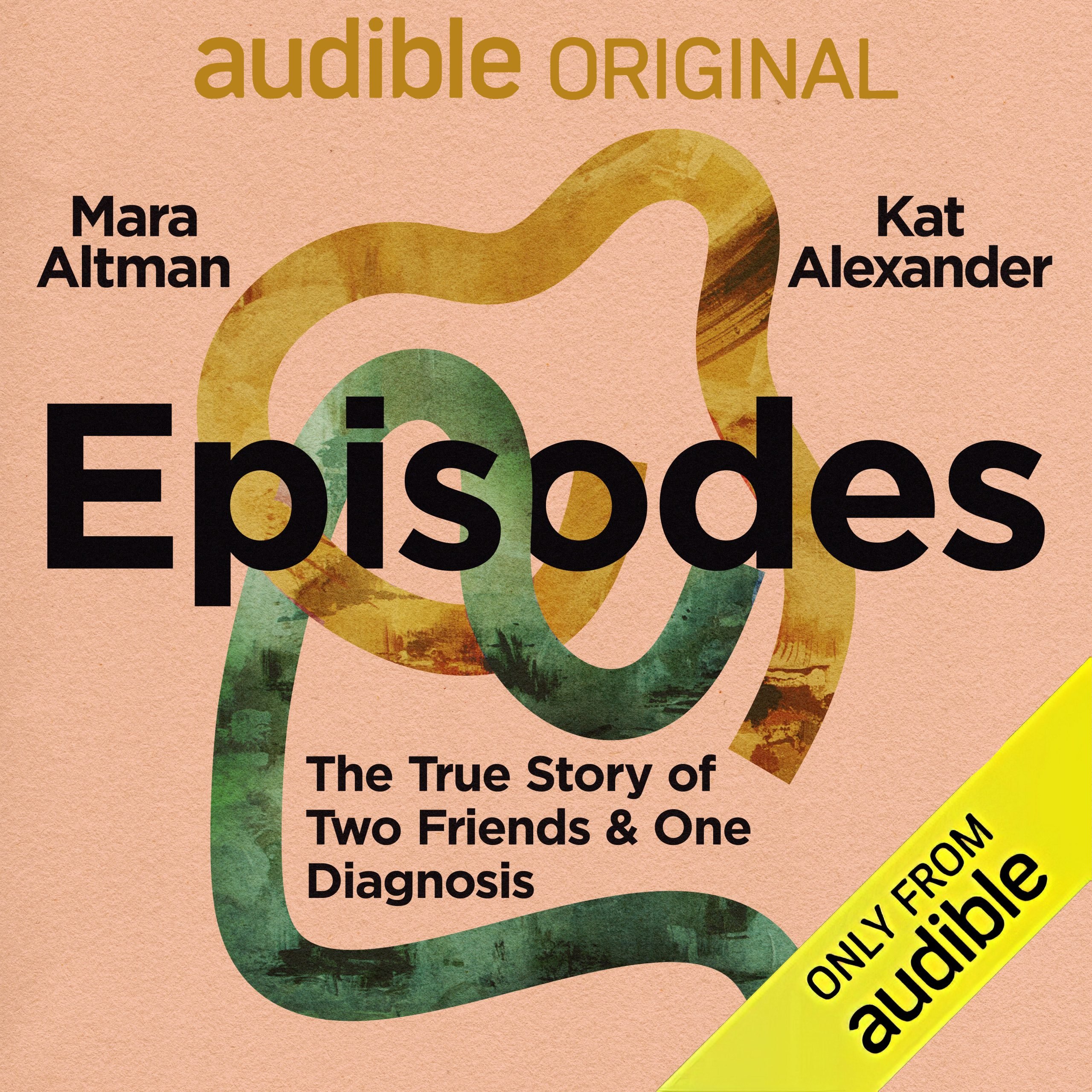
San Diego Magazine checked in with Alexander and Altman ahead of the audio book launch to find out more about the project.
How did the idea for Episodes come about?
Mara Altman (MA): I always write about personal stuff and taboo subjects. Kat and I were navigating her recent bipolar diagnosis and some intense manic episodes. I was working on another writing project, but I kept thinking about the experiences we shared during her mania. Finding her on the streets in Mexico was a huge part of that. It felt important to show people what a mental health crisis really looks like and the ripple effects it has on family, friends, and community.
What’s the heart of this project for you both?
Kat Alexander (KA): I like to say it’s a love story about me and my best friend. This project isn’t about me being defined by my trauma, my infertility, or my diagnosis. Mara captures me and our friendship with humor and heart, and she’s helped me learn how to have healthy boundaries.
MA: I’d call it a love story, too—two best friends navigating an intense mental health crisis. It’s a window into what it means to experience psychosis triggered by IVF treatment and the fallout of that, especially given our fractured mental health care system.
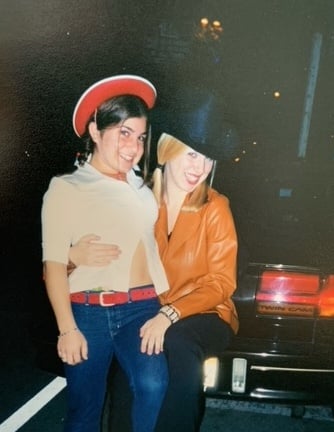
Kat, how did you feel when Mara proposed co-writing this with you?
KA: It was serious for me. I mean, I burned out in my previous work, and I’ve learned that you can’t try to save the world when you’re struggling to get through each day. So I told Mara I’d need space if I needed breaks and that I had to write this for myself. I wasn’t going to try to save the world with this book—it was just about telling the story as it happened.
How did you structure your writing process for such a personal story?
MA: It was a slow peeling back of layers. I started by writing my perspective as a foundation, then added questions for Kat. We’d get together, take long walks, [and] talk it out, or I’d write while she dictated. Sometimes she’d free-associate memories, and, later, she’d go back and add more detail. As she healed, Kat remembered more, and we kept building from there.
Was it challenging to tell this story, given how memory can be affected by trauma and mental health struggles?
KA: Memory was definitely a hurdle. After my first psychotic episode, I was overwhelmed by grief, feeling like my life as I knew it was over. Mara would gently help me recall certain moments. This process was incredibly healing for me—it gave me the space to process what had happened.
Who are you hoping to reach with Episodes?
MA: For me, I hope to give people a window into what a mental health crisis looks like, to show them the human side behind the headlines about mental health. I want people to understand that a crisis can happen to anyone.
KA: There’s an epidemic of unresolved trauma, and it can lead to addiction, health issues, and so much more. This is an invitation for anyone with unresolved trauma or who’s going through a crisis to find hope. I also hope it shows that mental illness is not what defines a person.
Can you tell us about one of the most challenging aspects of this project?
KA: Grief was a big part of it. After my first psychotic episode, I lost a lot—friends, relationships, stability. Mara would scoop me up and gently help me recall certain moments. It was intense, but healing.
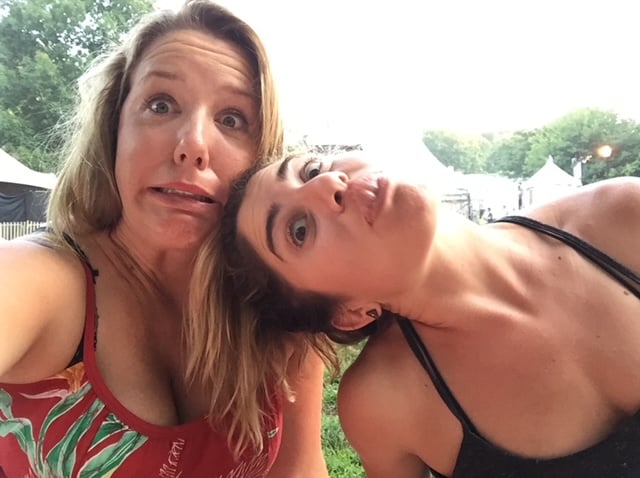
Did you learn anything surprising about mental health in the process?
MA: Definitely. I’ve learned a lot about managing mental health, even joining a call with Kat’s psychiatrist to better understand her medication adjustments. It was a whole new layer of insight for me as a journalist and friend.
What’s one thing you learned or are particularly proud of in this project?
KA: I’m proud that Mara and I are still friends, even closer. Writing a project like this can strain any relationship, and we’ve definitely had hard moments, but it’s made us stronger.
MA: I’ve learned so much about mental health. This project taught me to be patient and compassionate, and it’s changed my understanding of what it means to be there for someone going through a mental health crisis.
PARTNER CONTENT
Q: What’s the message you want people to take from this story?
MA: I want people to break the stigma around mental health issues. And ultimately, we’re just telling the story of what happened—people can take from it what they need. We always felt that we didn’t need to do too much, the story is enough.
KA: Healing is possible.
Alexander and Altman will celebrate the release of Episodes on Tuesday, November 12, at 6 p.m. at Bivouac Adventure Lodge in North Park (3980 30th Street).
